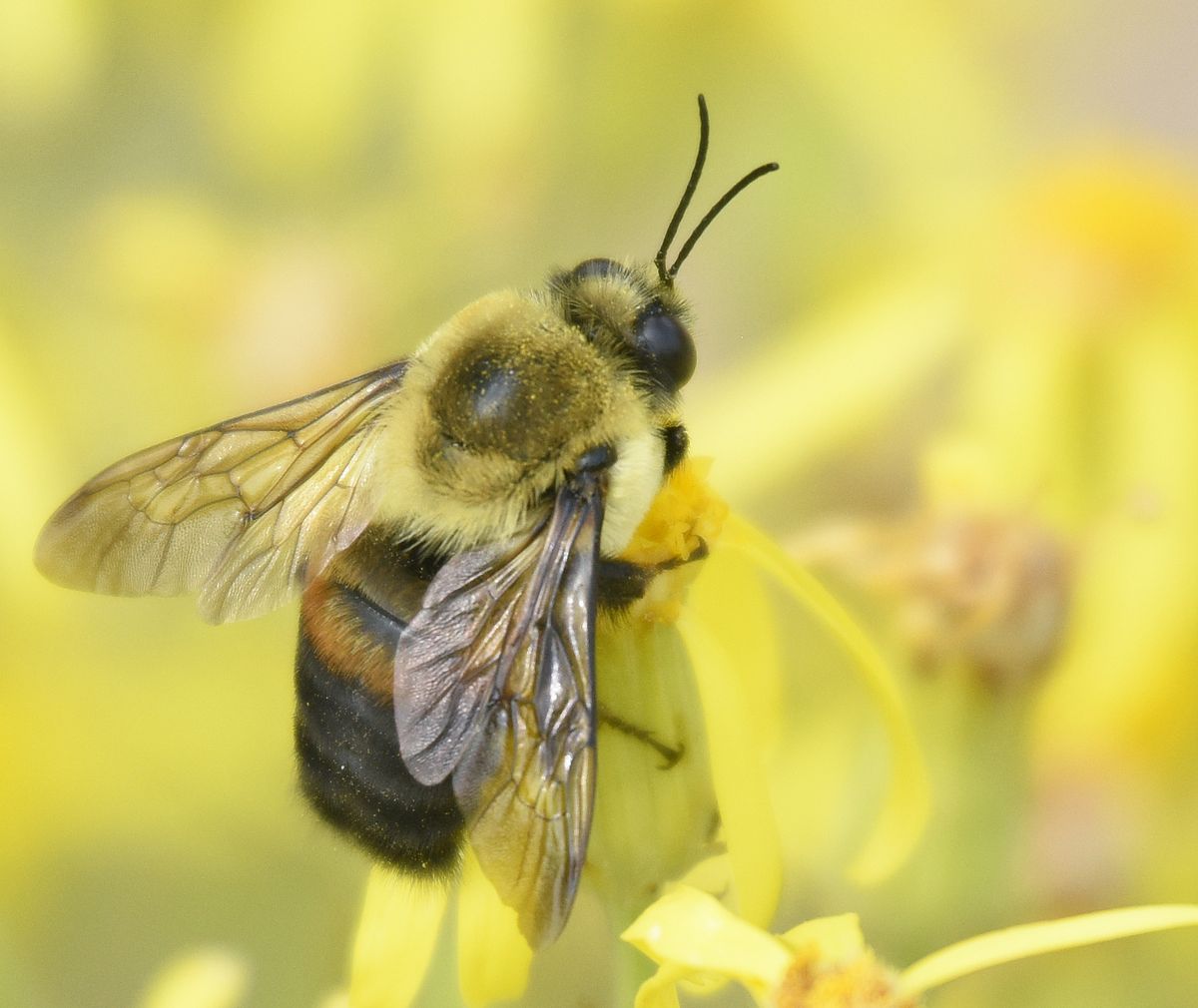Attend a Workshop on Native Bee Conservation: Learn about native bee conservation
Native bee conservation is crucial in today’s environment, as these small insects play a significant role in pollination and biodiversity. Attending a workshop dedicated to this subject will equip you with essential knowledge about the importance of native bees, their ecological contributions, and practical strategies for their conservation. This article will delve into the benefits of these workshops, the specific topics typically covered, and how you can get involved in enhancing native bee populations in your area.

Why Attend a Native Bee Conservation Workshop?
Participating in a native bee conservation workshop offers numerous benefits for anyone interested in ecology, gardening, or sustainability. Firstly, such events provide expert insights and updated research findings on native bees and their habitats. Secondly, workshops foster community engagement by bringing together like-minded individuals who share a passion for environmental conservation. Thirdly, attendees often gain hands-on experience, helping to solidify the theoretical knowledge gained during the sessions. Additionally, these workshops typically offer resources, such as guides on building bee habitats and making bee-friendly garden choices, thus empowering participants to make a tangible difference. Lastly, engaging in native bee conservation is not only beneficial for the bees; it enhances local ecosystems, supports agricultural productivity, and promotes biodiversity.
Topics Covered in Workshops

Native bee conservation workshops encompass a variety of essential topics. Here is a list of common subjects that are often discussed:
- Bee Identification: Understanding the different species of native bees and their unique characteristics.
- Habitat Requirements: Learning about the environmental needs of these bees, including nesting sites and dietary requirements.
- Threats to Native Bees: Identifying the primary challenges that native bee populations face, such as habitat loss, pesticides, and climate change.
- Conservation Strategies: Exploring effective methods for protecting and enhancing bee habitats.
- Community Involvement: Encouraging local initiatives and outreach programs aimed at raising awareness about native bees.
Each of these topics is designed to provide participants with a comprehensive understanding of both the challenges and the solutions associated with native bee conservation. As a result, attendees walk away with actionable knowledge that can be implemented within their communities or personal gardens.

How to Prepare for a Workshop
If you’re considering attending a workshop on native bee conservation, preparation is key to maximizing your experience. First, research the specifics of the event, including the agenda, keynote speakers, and related materials you may want to review beforehand. It’s also beneficial to bring along a notebook or device for taking notes, helping you remember important points and strategies. Second, try to connect with fellow attendees or the facilitators in advance. Networking can enhance your experience, allowing you to share ideas and foster collaborations. Third, consider bringing items that can contribute to hands-on activities, like gardening tools or materials for creating bee habitats. Lastly, reflect on your own gardening or conservation practices to share insights and experiences that could enrich discussions during the workshop.
Continuing Your Conservation Efforts
After attending a workshop on native bee conservation, you may wonder how to apply what you’ve learned in your everyday life. One effective approach is to create a bee-friendly garden by incorporating native plants that provide food and shelter. Also, consider participating in local conservation efforts, such as community bee habitat restoration projects or educational outreach programs. Additionally, advocating for policies that protect native insect populations can play a significant role in ensuring their long-term survival. Finally, stay engaged with ongoing research by subscribing to newsletters from ecology groups or following social media pages dedicated to native bee conservation. This continuous engagement will keep you informed about new techniques and challenges that arise.

Conclusion
In conclusion, attending a workshop on native bee conservation is a proactive step toward understanding and protecting these vital pollinators. By learning about the role of native bees, the threats they face, and effective conservation methods, you can contribute positively to your local ecosystem. Whether you want to enhance your gardening practices or participate in broader conservation initiatives, the knowledge gained from these workshops will empower you to make a difference. With the right tools and a passionate community, we can work together to safeguard native bee populations for future generations.
Frequently Asked Questions
1. What are native bees?
Native bees are species of bees that are indigenous to a specific area or region. These bees have evolved alongside local plants and play a crucial role in pollination, contributing to the health of ecosystems and agriculture.
2. Why are native bees important?
Native bees are vital for pollinating many crops and wild plants, thus supporting biodiversity and food production. Their role is crucial in maintaining healthy ecosystems and promoting genetic diversity among plant species.
3. How can I attract native bees to my garden?
You can attract native bees by planting a variety of native flowering plants, providing nesting sites like bare soil or bee hotels, and minimizing pesticide use.
4. Are there specific types of plants that I should include in my bee garden?
Yes, flowering plants such as coneflowers, sunflowers, and milkweed are particularly beneficial as they provide nectar and pollen. Local environmental agencies often offer lists of specific plants native to your region.
5. Can children participate in native bee conservation efforts?
Absolutely! Children can learn about native bees through gardening, participating in community clean-up days, or educational programs designed to engage young minds in conservation efforts.
